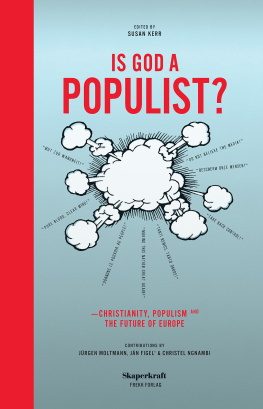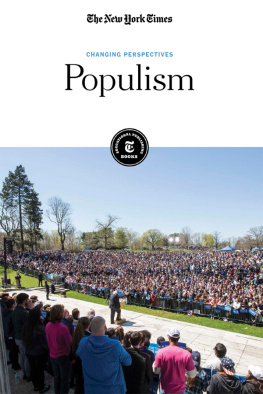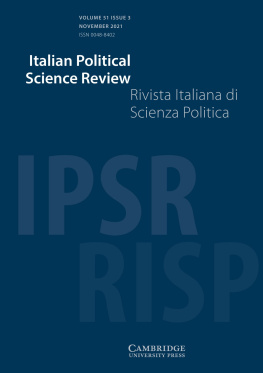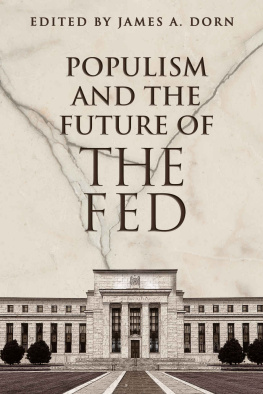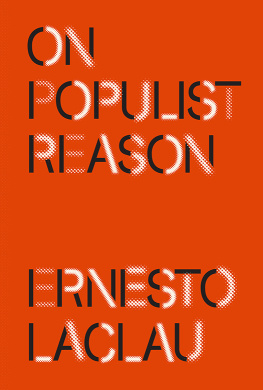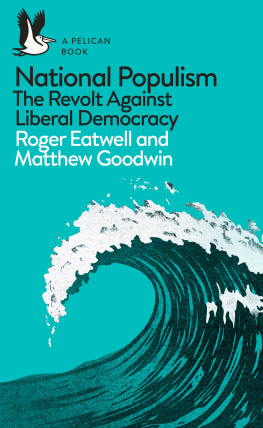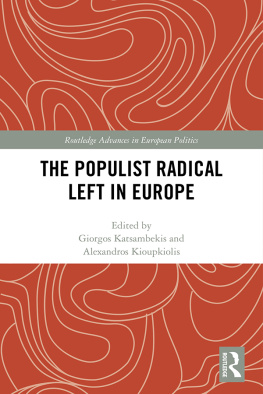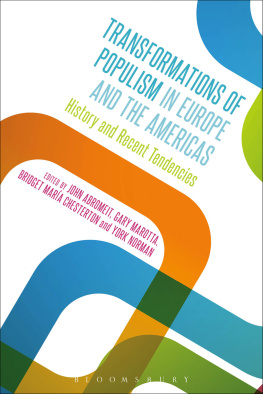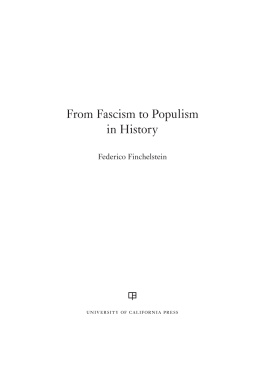FOREWORD
We are all equal in dignity,
and we are all different in identity!
This is a fundamental principle of humanity, and of the universe in which we live. There are no identical human beings, no identical trees, leaves or snowflakes. Unity in diversity or oneness in plurality is not only a political slogan for certain states or supranational organisations (e.g. the European Union), but it is also a very important invitation extended to contemporary societies. The challenge is not simply to reconcile diversity and unity, but to build free, cohesive society through a shared ethic of responsibility. This ethic respects the importance of different identities (religious, cultural, linguistic, ethnic etc.) within the context of responsibility. It is our responsibility to live together in diversity and not only to exist together in diversity. Due to ongoing processes of globalisation, growing migration and conflicts in the world, diversity is growing as well.
We have to remember that peace in society is the fruit of justice. Peace and the peaceful cohabitation of different peoples, communities and cultures are based upon justice for all. The core of modern justice is defined by universal human rights. And a foundational principle of these rights is human dignity. In dignity (dignitatis) we are all equal, whether we come from a royal family or from a homeless one. Christianity has a strong sense of the dignity of each human being. This principle can also be found in Judaism (medaber al kabot), in Islam (karamah), in Buddhism, in the secular EU Charter of Fundamental Rights and in the Constitution of India. What is missing is a deep, full understanding of equal dignity and this being broadly shared within and across different cultures.
Why do we need to emphasise dignity? We need to emphasise dignity because we need to defend the principles of justice against religious fundamentalism, ideological or totalitarian oppression, or ethical relativism. Personally, in my work, I have seen that this is critical since the notion of human dignity is the pivot of freedom of religion and belief, as well as of all other universal human rights. Today, we witness opposition to the universality of these rights, divisions between countries and nations on human rights issues, a refusal or questioning of these rights in this time of migration crisis. If there is a point of convergence and of consent between religious humanists and secular humanists, it is human dignity as a foundation of each persons undeniable and inalienable rights. Dignity is a privileged way to correctly address issues of freedom and equality in society.
Secondly, the societal consequence of such an ethical norm is the political principle of equal citizenship. Human dignity represents my rights, but also my duties and obligations
towards other people (my neighbour) and towards the community in which we live. During recent generations, people spoke more about rights than about duties, or about rights without duties. We are all endowed by equal dignity as rights holders and duty bearers.
Yet today we see widespread intolerance, discrimination and a persecution of people with different faiths or convictions. And the trends are worrying. We have seen repetitive waves of bombings and attacks, the latest ones in Sri Lanka and New Zealand. My nomination as the first ever Special
Envoy for promotion freedom of religion or belief outside of the European Union was caused by the genocidal mass atrocities in the Middle East committed by the ISIS forces. Of course, it has led to refugee and migration crises and had a serious impact on Europe.
The consequences of this crisis were multiple: stronger anti-EU sentiment, a rise of islamophobia due to a rise in bloody attacks by Islamist terrorists, Brexit, and a rise of populism in Europe and around the world. Each crisis calls for a renewed balance, for the application of common sense and a living conscience.
As we are all invited to use our reason and conscience responsibly, I wish to emphasise the three critical dimensions of human dignity. These are interlinked. Human dignity concerns me, myself. What makes me special is my uniqueness. In common with each and every person, past, present and future, I am unique. This is something original that nobody can ever replicate or replace. It is a specific and unique contribution to my fellow human beings. If these three featuresoriginality, authenticity and uniquenessare not revealed, they are not fulfilled and will be lost. My own dignity causes me to interpret the world, make choices, and interact with others, according to my own conscience, my own reason and my own convictions. To do so, I need to exercise all of my freedoms: freedom of thought, of expression, of action and so forth.
Human dignity is not limited to my own freedom. It includes the freedom of the other. It invites me to exercise tolerance and to define my limitations, in order to respect the other. There is, of course, also an imperative of equity and equality and therefore of justice. These offshoots of dignity contribute directly and centrally to living together in any city.
Human dignity is a responsibility that must be shouldered. If dignity gives rise to rights, as is understood in the various well-established accounts of human rightsnotably the Universal Declaration of Human Rightsit also implies duties and responsibilities. These responsibilities are neither fixed nor static, but must be developed and exercised, and maintained through time. In addition, human dignity is not only an individual responsibility. Since I am part of a community, dignity also has a collective, social or societal dimension.
Consequently, we need to rediscover the old notion of the common good coined in the Middle Ages by Thomas Aquinas.
Bonum communae was the main objective for Schuman, Adenauer and de Gasperi when they launched the unparalleled project of European integration. This notion of the common good summarises the principles and objectives set out in the European Treaties (solidarity, subsidiarity, proportionality). However, once again it seems to be the most relevant ethical and political vision with which to face the most burning issues that we need to address in todays world.
The real clash that threatens our world is not amongst civilisations. The real threat is a clash of ignorance. Ignorance, indifference and fear (phobia) are siblings of evil. They are very influential as they provide a lot of private and public space to populism and violent extremism. In order to oppose them, we are invited to learn and to promote education, to share active engagement, and show courage.
Christian humanism has inspired many great personalities and contributed significantly to peaceful coexistence and a culture of dignity for all. I hope that this book will contribute a fair analysis of the current problems of rising populism and of breaking democratic institutional trust. But even more, my wish is that it may bring new inspiration and a special commitment in our times, because democracy cannot work without equal citizenship, justice and solidarity. And solidarity expressing human togetherness and care is the cement in the house of society, and a glue in each and every human family relationship.


